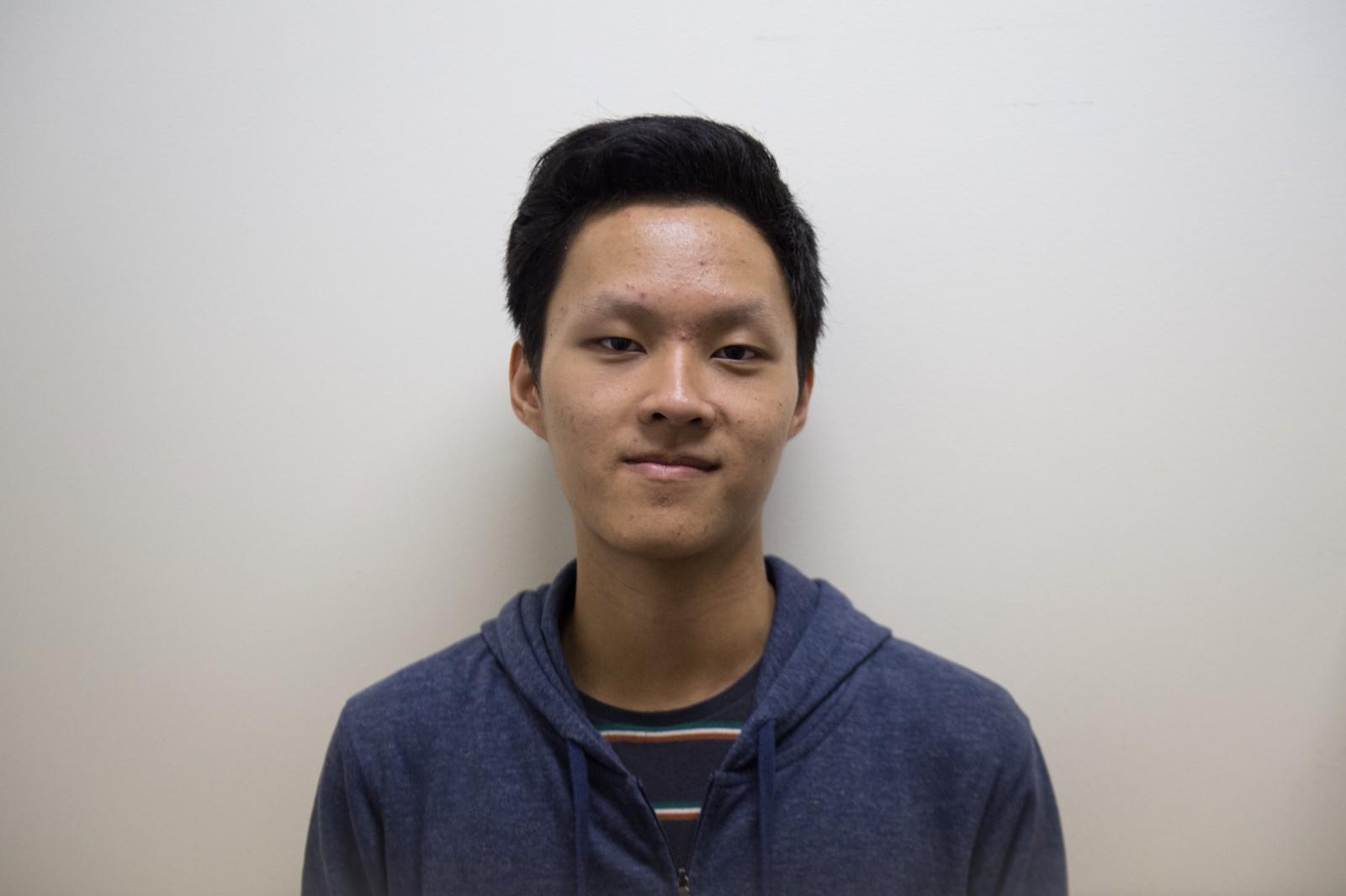I have tried, tirelessly, to avoid writing a piece on whitewashing for as long as possible purely because the topic has been covered extensively for quite some time. However, upon my viewing of “Doctor Strange” last week, combined with the trailer of “The Great Wall” that preceded it and recent news about the release of “Ghost in the Shell,” it has come to my attention that I could no longer avoid the subject.
Initially I avoided the subject, with the belief that I was not in the place to either criticize or defend the industry as I had neither the capacity nor the experience required in this field to do so. Nonetheless, I feel that due to the enormous international successes of Hollywood blockbusters, especially in Thailand where I come from, I am entitled to at least an opinion based on my personal accounts at the very least.
I’d have to begin by saying that I used to not think whitewashing was even a thing. I grew up believing that acting was a profession for foreigners, mainly white people, where it may be necessary, in this imaginary world, for them to play the parts of people of different ethnicities. In the rare instances where a nonwhite actor is used, such as in “The Walking Dead,” I almost leapt out of my chair in joy. To top it off, part of the reason why Steven Yeun’s character was so successful was because his character was not defined by his race or ethnicity. He was just another character among characters: he was “every bit the leading man as all the other white and black characters on the show,” according to Forbes.
The normalization of Asian characters that break the common stereotypes is a lot less common than one may think. As unlikely as this may sound, the token Asian guy still plays the typical Asian role where they are some sort of martial arts master, such as in the trailer of “Rogue One: A Star Wars Story” that also preceded “Doctor Strange” that day.
With the Academy of Motion Picture Arts and Sciences’ accusations earlier this year, the issue gets harder to ignore each time another incident comes up. It is by no means improving for other minority groups either. “Straight Outta Compton,” for example, which was nominated for Best Original Screenplay, was “about gangster rap and they still found a way to nominate white people,” according to Roy Wood Jr. on a segment of “The Daily Show,” offering the novel solution of including references to slavery to garner attention from white audiences and critics.
Although there appears to be an attempt to reform and adapt to the rising calls for change, the change itself is yet to be seen. When I saw the trailer for “The Great Wall” I still could not believe my eyes. Here, again, was a movie set in Asia, where a majority of the minor characters are Asian, placed against a leading white actor. Although it was apparently in Zhang Yimou’s, the director’s, artistic vision to cast Matt Damon as his leading role, it appears that, more often than not, just like it was in the case of “Doctor Strange” and the casting of Tilda Swinton, a canonical Asian role is replaced by a major white actor.
These actors are undeniably talented; this is not a point against which I am debating. When minority roles keep on being replaced with talented white actors, however, it just gives the impression that our race wasn’t meant for the screen, especially in cases where an attempt to diversify comes off as just an attempt to diversify.
In the end, we, the audiences, are left feeling like this is the norm, or that a call for change would just result in momentary bursts of diversification. The lack of representation just leaves a feeling of rejection, that future generations would also grow up believing that there is no such thing as a minority with the likes of a superhero, secret agent, eccentric failed folk guitarist or creepy hipster who falls in love with a computer.























































































































